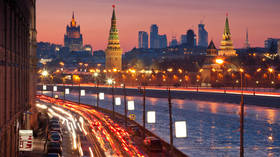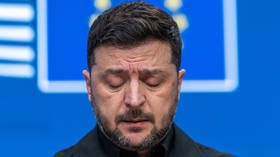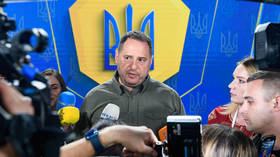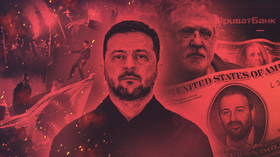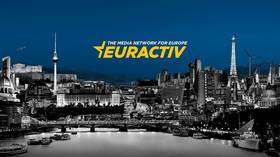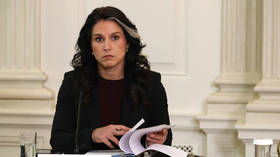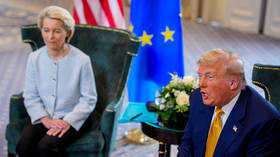EU sanctions new Russian territories
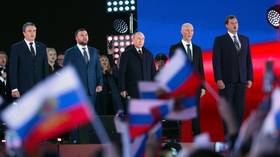
The European Council on Thursday extended its anti-Russian sanctions to Zaporozhye and Kherson, the former Ukrainian regions which joined the Russian Federation this week. The EU governing body announced its decision in a statement on the eighth package of sanctions imposed on Moscow over what it called the “illegal annexation” of Ukrainian territories.
“The Council also decided that as of today, the geographical scope of the restrictions introduced on February 23, including notably the import ban on goods from the non-government controlled areas of the Donetsk and Luhansk oblasts, will be extended to cover also the non-controlled areas of the oblasts of Zaporizhzhia and Kherson,” the statement reads.
On February 23, the day before Russia launched its military offensive in Ukraine, the EU imposed its first package of sanctions on Russia. That was done in response to Moscow’s recognition of the Donetsk and Lugansk People’s Republics as independent states. Since then, seven more packages have been adopted.
The latest batch of restrictions were imposed the day after Russian President Vladimir Putin signed into law unification treaties with the Donetsk and Lugansk People’s Republics, as well as Kherson and Zaporozhye Regions.
The agreements were signed by Putin and the heads of the four former Ukrainian regions on September 30, after the residents of the territories overwhelmingly voted in referendums to join the Russian Federation.
The European Council immediately said it would never recognise the referendums and “their falsified and illegal results.” The Council members also said in a statement that Kiev “has the right to liberate occupied territories within its internationally recognised borders” and pledged to further increase pressure on Russia.
